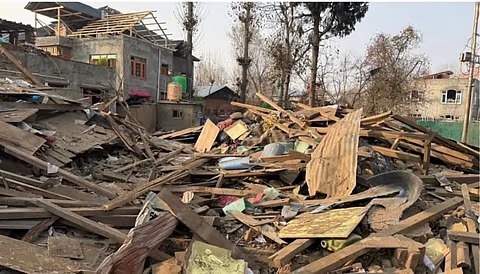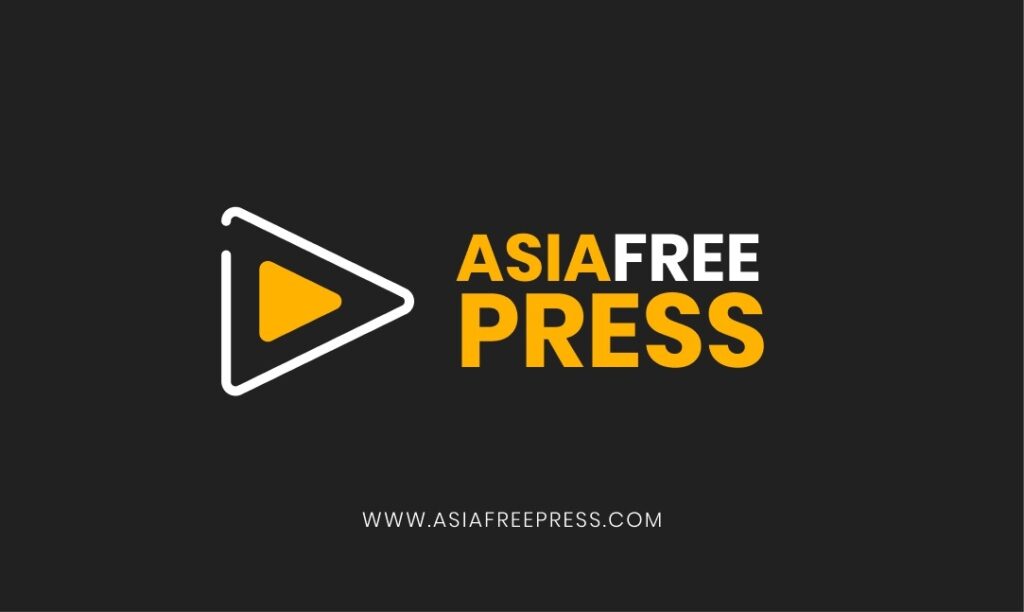SRINGAR: Collective punishment and the demolition of civilian homes have increasingly become a standard tool of repression in Indian occupied Jammu and Kashmir, as occupation forces continue to operate outside legal and judicial oversight.
According to Kashmir Media Service, in the latest incident, Indian troops on 14 November demolished the family house of Dr. Umar Nabi in Pulwama. The two-story ancestral residence was blown up with controlled IEDs during a midnight operation conducted without prior notice, trial, or any form of court authorization. The action marked yet another violation of the 2024 Indian Supreme Court ruling that requires due process before any demolition.
Legal experts say the Pulwama demolition is a glaring example of India’s use of collective punishment—explicitly prohibited under Article 33 of the Fourth Geneva Convention, which bars states from targeting families or communities on the basis of suspicion. The destruction of civilian property as retaliation, they warn, constitutes a criminal breach of international humanitarian law.
Human rights defenders note that such actions also run contrary to India’s own Constitution, particularly Article 21, and violate Article 17 of the ICCPR, which protects civilians from arbitrary interference with their homes.
Since 2019, more than 1,700 demolitions have been carried out across the occupied territory, with over 1,172 homes leveled between 2020 and 2024. Rights groups view this pattern as evidence of a deliberate state policy designed to intimidate Kashmiri civilians under the pretext of security.
The growing number of punitive demolitions has sparked criticism even from pro-India politicians. Mehbooba Mufti, Iltija Mufti and Omar Abdullah have repeatedly warned that targeting families of suspects only fuels alienation among the youth. After recent crackdowns following the Pahalgam and Delhi blasts—during which over 1,500 Kashmiris were arrested without trial and dozens of homes destroyed—concerns have intensified over the use of suspicion as justification for state violence.
The human cost of these tactics is increasingly visible. The suicide of detainee Bilal Wani, following torture and the illegal detention of his family members, has drawn renewed attention to abuses inside interrogation centres and the wider pattern of collective reprisals.
By portraying the situation in occupied Jammu and Kashmir as an internal security matter, observers say, India attempts to sidestep its obligations under international humanitarian law while suspending Geneva Convention protections inside the occupied territory.
Amnesty International, Human Rights Watch and several other rights organizations have condemned the demolitions as discriminatory practices carried out almost exclusively against Kashmiri Muslims.
Meanwhile, some BJP lawmakers have publicly celebrated such punitive measures—further underscoring institutional approval for policies widely recognized as violations of international law.
Kashmiri analysts say that instead of quelling unrest, home demolitions and mass detentions are deepening resentment and strengthening the sense of injustice across the region.
-KMS



















